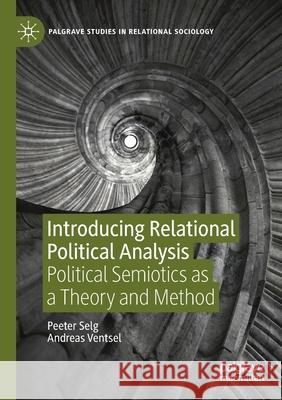Introducing Relational Political Analysis: Political Semiotics as a Theory and Method » książka
topmenu
Introducing Relational Political Analysis: Political Semiotics as a Theory and Method
ISBN-13: 9783030487829 / Angielski / Miękka / 2021 / 340 str.
Introducing Relational Political Analysis: Political Semiotics as a Theory and Method
ISBN-13: 9783030487829 / Angielski / Miękka / 2021 / 340 str.
cena 484,18
(netto: 461,12 VAT: 5%)
Najniższa cena z 30 dni: 462,63
(netto: 461,12 VAT: 5%)
Najniższa cena z 30 dni: 462,63
Termin realizacji zamówienia:
ok. 16-18 dni roboczych.
ok. 16-18 dni roboczych.
Darmowa dostawa!
Kategorie:
Kategorie BISAC:
Wydawca:
Springer Nature Switzerland AG
Seria wydawnicza:
Język:
Angielski
ISBN-13:
9783030487829
Rok wydania:
2021
Ilość stron:
340
Waga:
0.41 kg
Wymiary:
21.01 x 14.81 x 1.8
Oprawa:
Miękka
Wolumenów:
01
Dodatkowe informacje:
Wydanie ilustrowane











